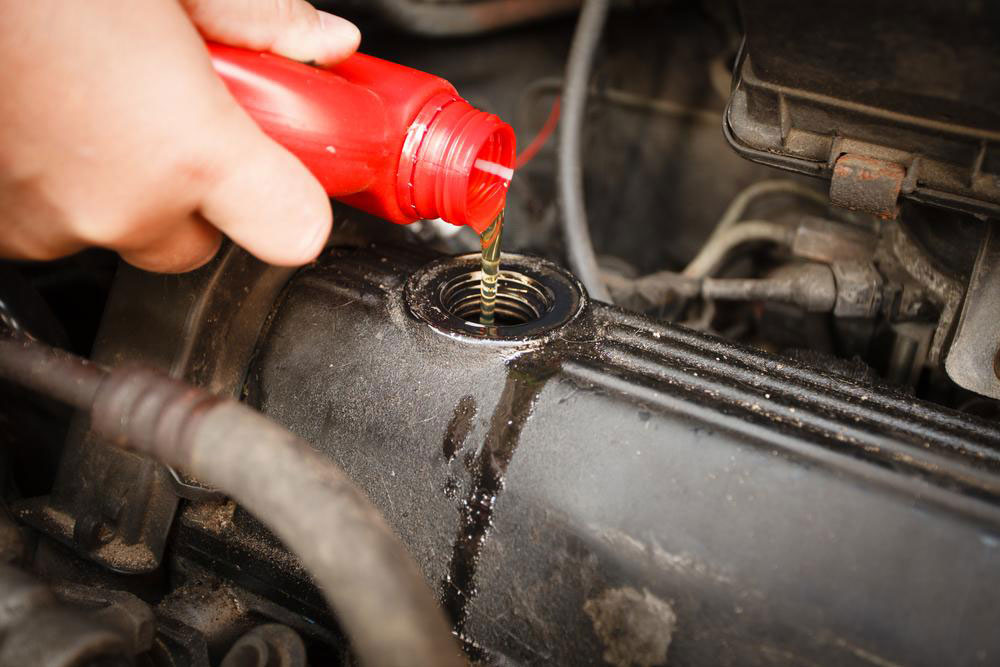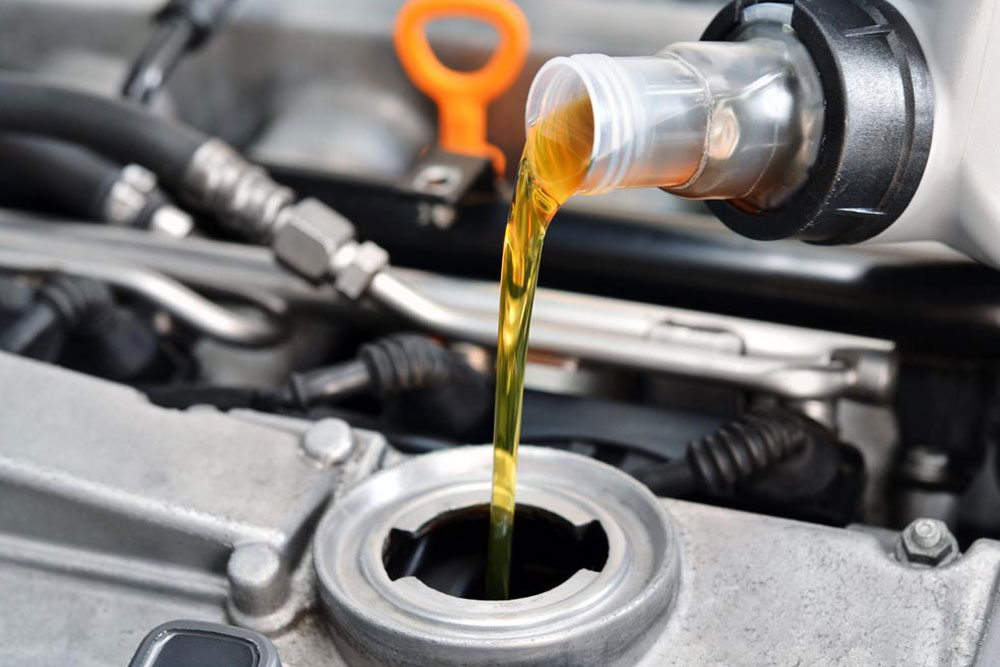Key Frequently Asked Questions About Car Lubricants
This article covers essential questions about car lubricants, highlighting the importance of regular oil changes, understanding oil bottle numbers, the role of chemical flushes, and benefits of synthetic oils. It offers vehicle maintenance tips to prolong engine life and enhance performance, emphasizing cost-saving options like oil change discounts. Readers gain insights into maintaining their vehicle's health effectively and making informed choices about lubricants and maintenance schedules.

Key Frequently Asked Questions About Car Lubricants
Maintaining your vehicle properly involves understanding when to change engine oil, the significance of lubrication, and how to save money with discounts like oil change deals. Here are some commonly asked questions about motor oils, oil replacement, and cost-saving tips:
Why is timely oil changing crucial for older vehicles?
Regular oil changes eliminate dirt, metal debris, and contaminants that build up over time, replacing the old oil with fresh lubricant to keep the engine running smoothly and extending its lifespan.
Driving an aging vehicle without regular oil updates can lead to increased fuel consumption or engine damage. Frequent oil replacements help maintain engine cleanliness and efficiency.
What do the numbers on oil bottles represent?
The first number shows the oil’s flow characteristics at low temperatures, indicating its viscosity at startup, while the second number pertains to high-temperature viscosity, protecting the engine during normal operation. Choose the appropriate viscosity for your vehicle.
Are chemical flushes necessary, and what benefits do they provide?
Chemical flushes help balance the cooling system's pH and remove oxidation from transmission parts, ensuring smooth functionality. Using suitable lubricants is key to safeguarding critical engine components and overall vehicle health.
Why does engine oil look milky or brown?
This suggests coolant contamination, possibly due to a failed gasket or transmission cooler, requiring prompt professional inspection.
What is synthetic engine oil?
Synthetic oils are designed to perform well under extreme temperatures and are suitable for high-performance or turbocharged engines. They are more expensive but provide superior protection, increased fuel efficiency, and longer-lasting lubrication, reducing the frequency of oil changes.
Note:
This content provides general guidance on vehicle lubrication and maintenance. It should not replace expert advice. The platform does not guarantee external data accuracy or cover all available discounts or programs.


